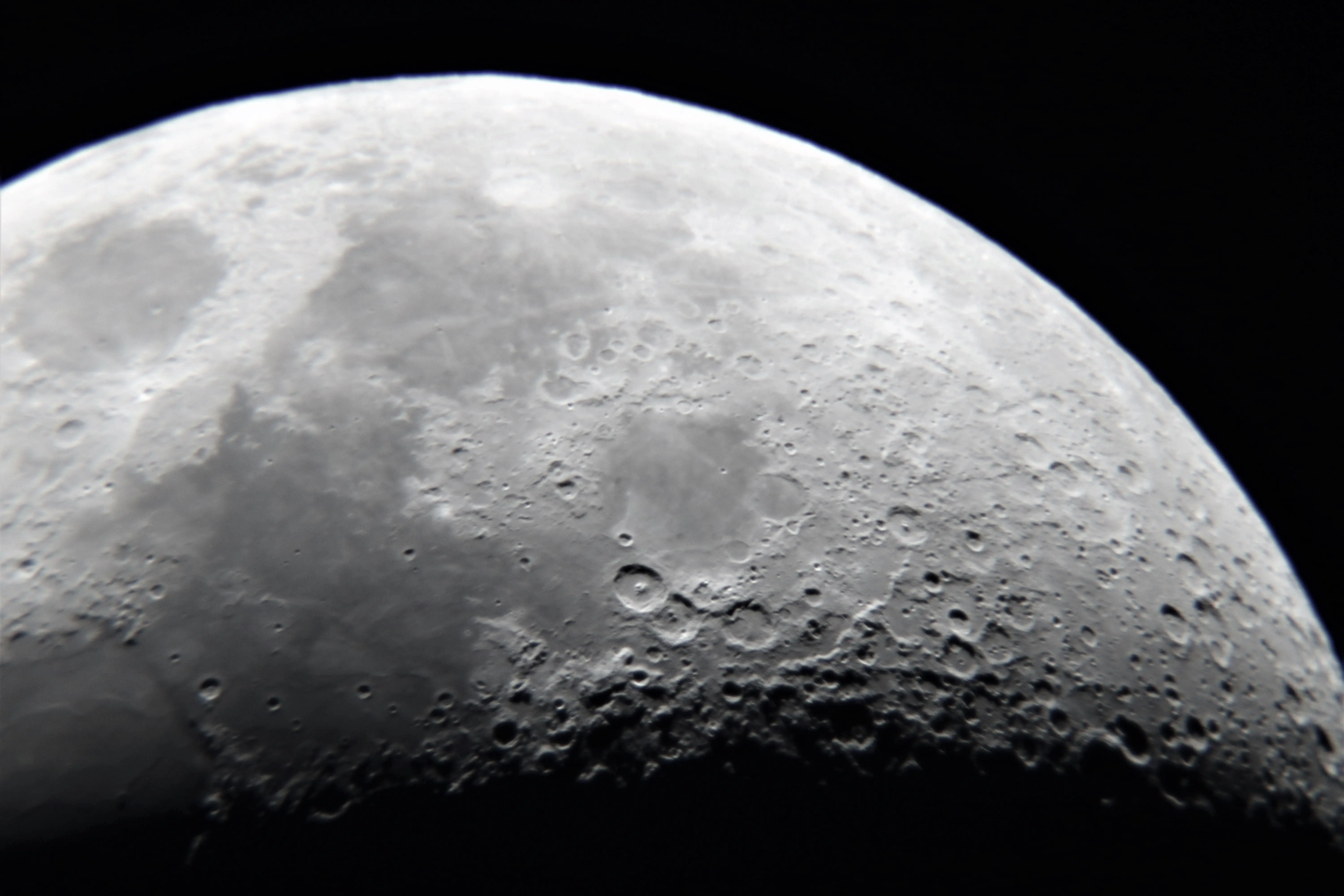
By Aidan Mortensen | KOAL News
2025 marks the 56th anniversary of the Apollo 11 moon landing, the mission that ended the space race and sought to catapult humanity into the stars. To reflect on this milestone, the KOAL newsroom was joined by space expert and President of the Coalition to Save Manned Space Exploration, Art Harman, who provided insight into what occurred on that fateful mission and what may come next as humanity prepares to explore the great beyond.
Opening our conversation, Harman discussed what he believed kicked off America’s mission to the moon: “It was a great speech by President Kennedy. He saw the vision very early in his administration. Now, there were plans to go to the moon even starting back in Eisenhower, but it was Kennedy that put it on rocket drive to, so to speak.”
He continued,” So he gave a famous speech in which he said, ‘We will go to the moon in this decade and bring the astronauts safely back.’ And those words, this decade, were critical because if he had just said, ‘We’re going to go to the moon whenever we can,’ they would still be working on it now. You know, the government. But it was a deadline. Everyone was focused on that. Kennedy was able to sell it to Congress. They funded it. And then there were 400,000 Americans at the peak that worked in various jobs to get our astronauts there and back.”
Many remember the famous first steps by Neil Armstrong into the Sea of Tranquillity, but few talk about what led up to this momentous occasion. “From the ground, what people saw was all of the intense activity. You know, there were millions of people lining the coast of Florida to watch the liftoff. But behind it were all of the engineers and technicians, the people in the control room, and everybody who worked so hard to make it happen,” explained Harman. “And then when they launched, the whole world, even in the Soviet Union, even in China, everywhere there were reports of people huddling around radios, TVs. And it brought humanity together.”
Harman has had the opportunity to speak with both Armstrong and fellow astronaut Buzz Aldrin. He shared what each man was like, starting with Armstrong: “Now, Neil, when I met him, you know, I was impressed. He was the ultimate gentleman. He was a very humble, mild-mannered man. And it was just an honor to talk to him, of course. But he just talked to me like you and I are talking now. He was that open. Now, he was shy, and he didn’t like doing interviews. But for years afterward, he talked at a university in his native Ohio.”
Moving to Aldrin, Harman stated,” Buzz is kind of the opposite, very gregarious, outgoing. And he would tell you exactly what he thinks. In one of my conversations with him, we discussed future space plans. And at one point, he would say, ‘Yeah, I like that. We got to do that. Go do that.’ And five minutes later, we’re talking about something else. And he would say,’ No, you’re wrong. Now, let me tell you why you’re wrong.’ And I got to love him. You know, he’s a man on the moon and he tells it like it is.”
Some view Apollo 11 as nothing more than a fly the flag and collect rocks mission. Harman explained why he believed this assessment is incorrect. “It was much greater because Wernher von Braun, who was sort of the architect of the whole moon mission, envisioned that we were going to do a number of more landings than we did … Then we were going to build an even larger rocket, kind of probably about the size of Elon Musk’s starship. And we’d start to build a base on the moon where astronauts would live and learn to live on another world.”
Instead, funding for NASA began to dwindle following a series of cuts in the 1980s.” If the greedy politicians who just wanted to raid the NASA money for their own spending projects hadn’t defanged that. And Nixon, I think, was kind of bored with it. He didn’t see much of a point in continuing. So it got chopped way, way down. And then we did the shuttle and have been spending the rest of the time since merely in Earth orbit rather than doing bold new things.”
Looking to the future of manned space exploration, Harman shared an optimistic outlook on what could come over the next decade.” Unfortunately, we did waste 40 years or so being Earthbound to the space station and so forth. But, if Elon Musk and or others like Blue Origin and others yet to come are successful, within 10 years, you’ll probably be able to go into orbit for the price of today’s luxury cruise on a ship. And then, 15 years from now, for that kind of money, a luxury vacation, go to the moon, and stay for a few days or a week on the moon. And it’s going to become sort of the democratization of space; space for everyone.”
Closing our conversation, Harman stated,” Look up and get those dreams coming. And for those in school, be a part of it. If you have an interest in engineering and in anything that would contribute to the space program, make that your career. You may end up in space yourself and or help others achieve that themselves.”
To learn more about the Apollo mission and the movement to save manned space exploration, visit SaveMannedSpace.com.
